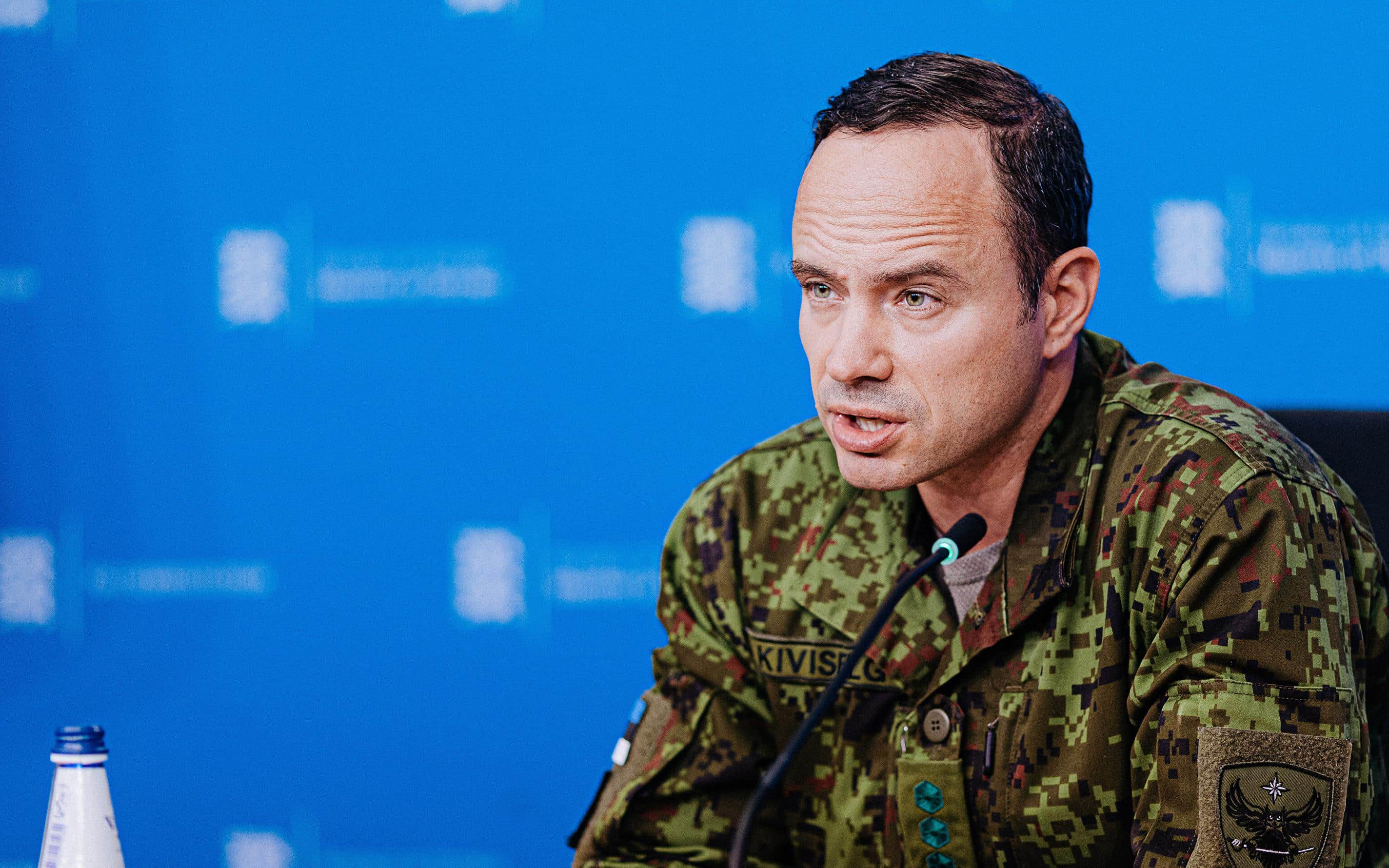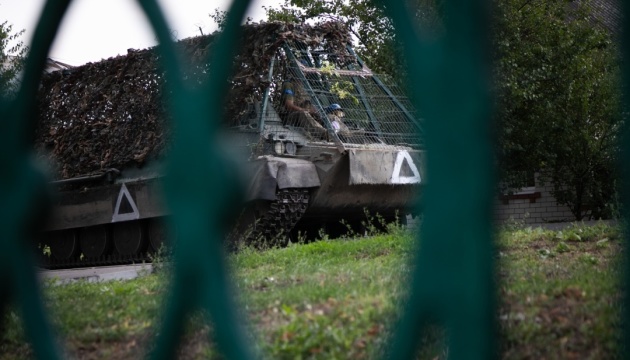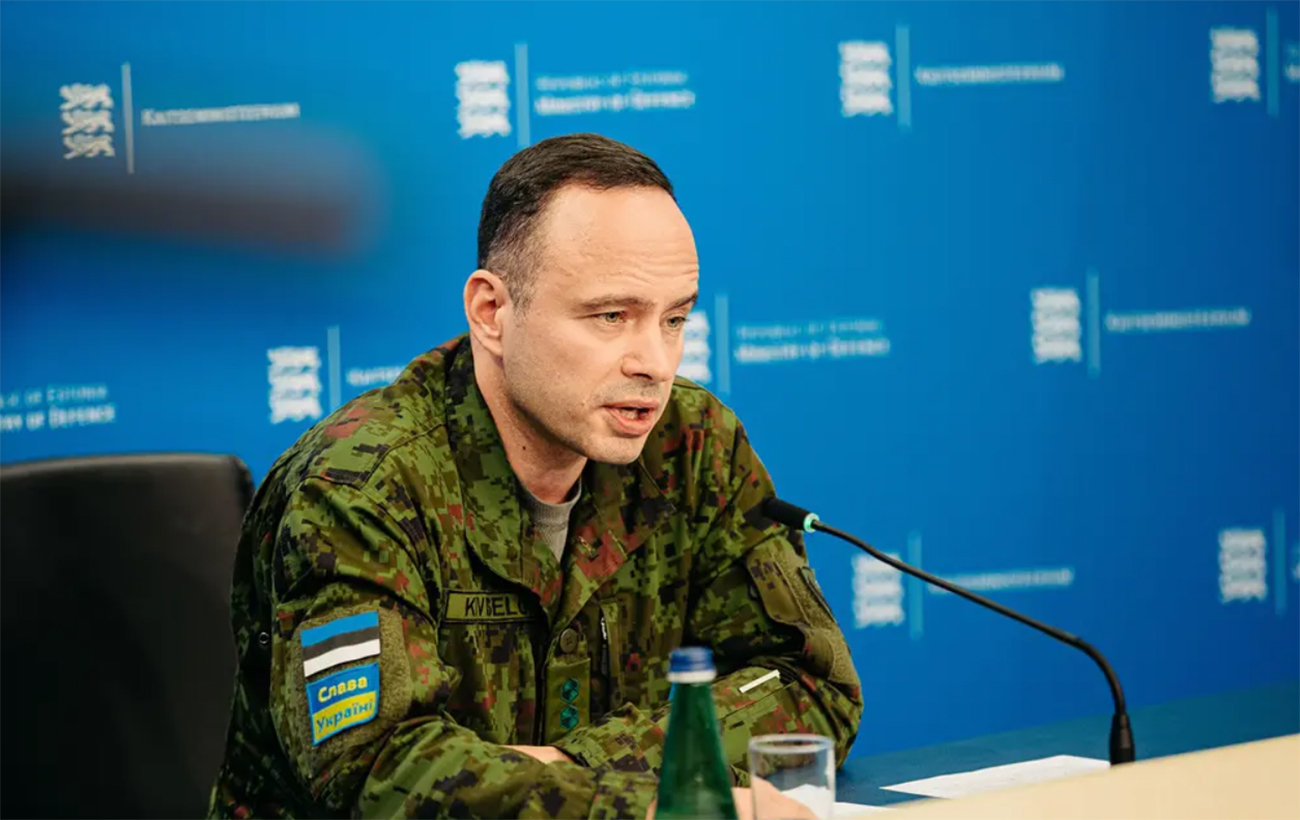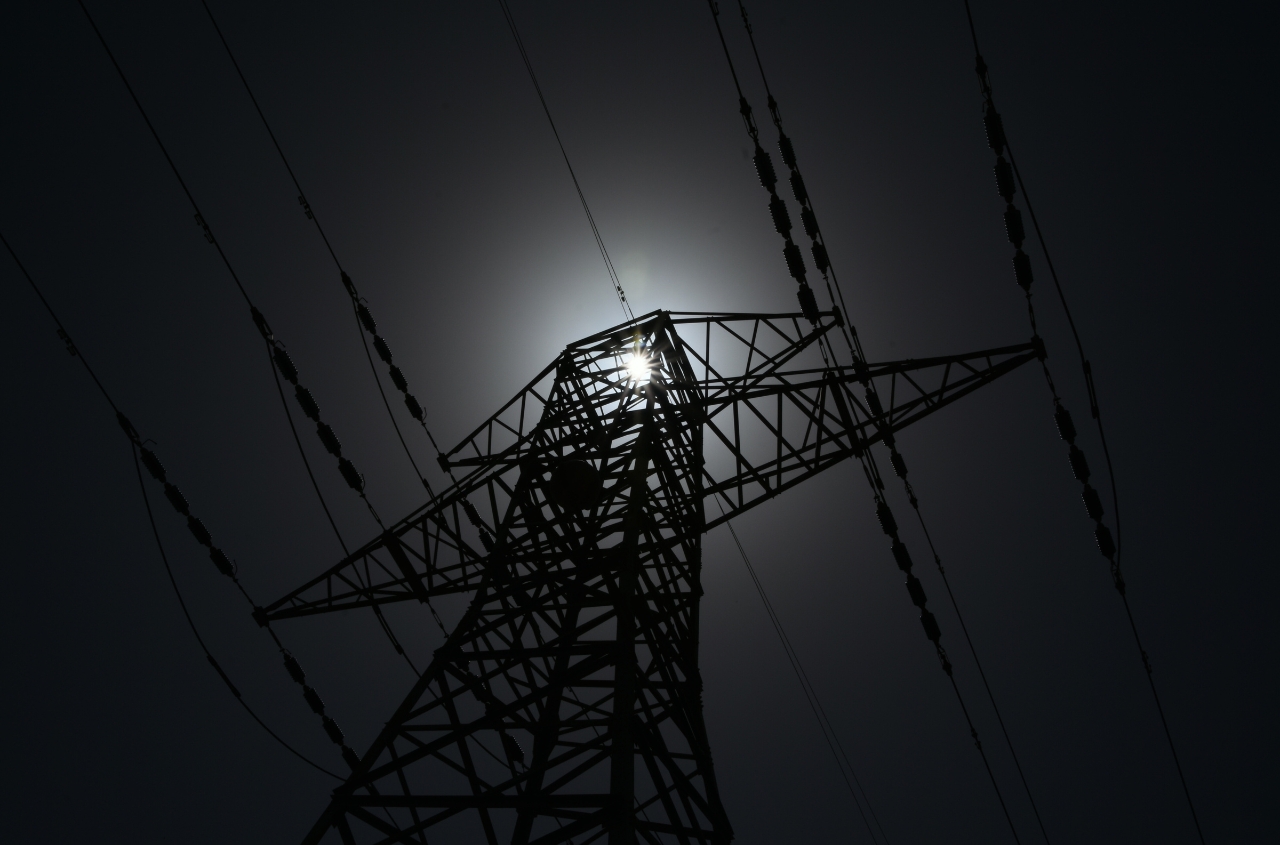Despite discussions of potential peace negotiations, fighting on the front lines continues—battles are ongoing in the Kursk, Donetsk, and Zaporizhzhia regions, as well as in the Kherson and Kharkiv directions, said Colonel Ants Kiviselg, head of the Estonian Defense Forces' Intelligence Center, at a press conference, reports ERR.
"The main strike direction remains the Pokrovsk area in Donetsk region. Russian forces are still advancing, having reached the southern suburbs of Pokrovsk. They have also taken control of the village of Kotlyno, located southwest of Pokrovsk," Kiviselg stated.

"In the Kurakhiv direction, the villages of Dachne and Ulakly were captured, and the next likely target for Russian forces is the village of Konstantinopol, situated west of Ulakly. There is a threat of encirclement of Ukrainian units in this area, although the situation is somewhat eased by the Volchya River flowing through the northern part of the potential 'cauldron,' which acts as a natural barrier," Kiviselg explained.
According to Kiviselg, the progress has not been easy: during February, Russian forces advanced at an average rate of one square kilometer per day, while losing valuable equipment. Ukrainian forces reportedly managed to destroy the Russian S-350 Vityaz surface-to-air missile system and, for the first time, eliminate the heavy flamethrower system TOS-2. Both systems were destroyed in Donetsk.
"In the Kursk region, Ukrainian forces were able to maintain control over territories captured early in the offensive in February 2024, southeast of the settlement of Sudzha. However, on the western side of the salient created by Ukrainian forces in August 2024, positions were lost. Russian forces have taken control of the Sverdlikov area, allowing them to shell a logistics-critical route for the Ukrainian Armed Forces, which runs from the northeast to the southwest near Sudzha," Kiviselg noted.

According to Kiviselg's assessment, Russian forces may be facing challenges with artillery and its application.
"Reports indicate that Russia is expecting new supplies of ammunition from North Korea for artillery systems with calibers of 122 and 152 mm, as well as shipments of various rockets. It is also possible that new North Korean soldiers and equipment will arrive to conduct fire from concealed positions. The destruction of the first North Korean self-propelled artillery unit during combat has been confirmed," said the head of the intelligence center.
The shipments of ammunition, along with the transfer of personnel and equipment from North Korea and other allied countries, point to a significant dependency of Russian forces on external assistance, despite attempts to portray the situation otherwise, Kiviselg added.




















